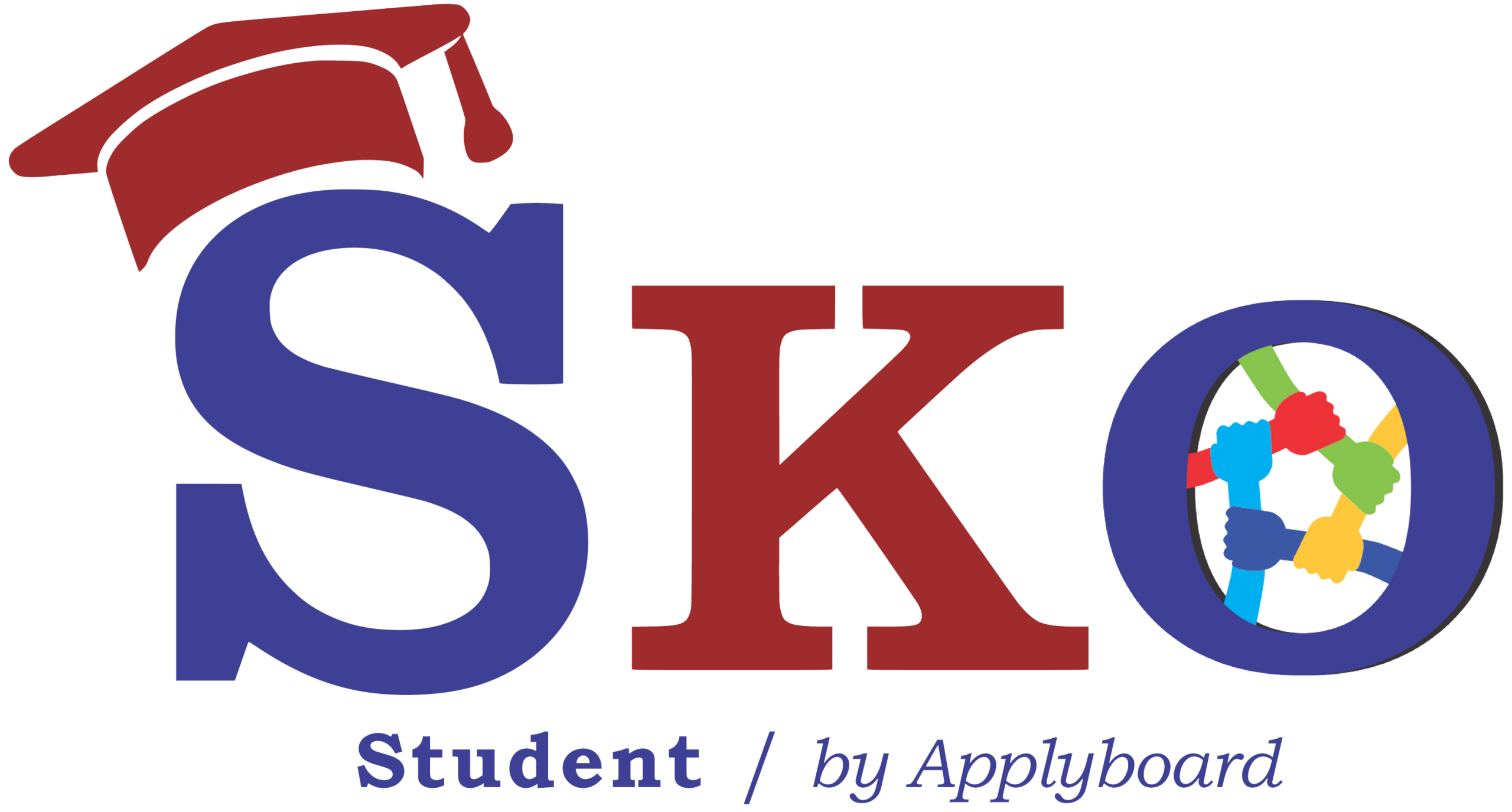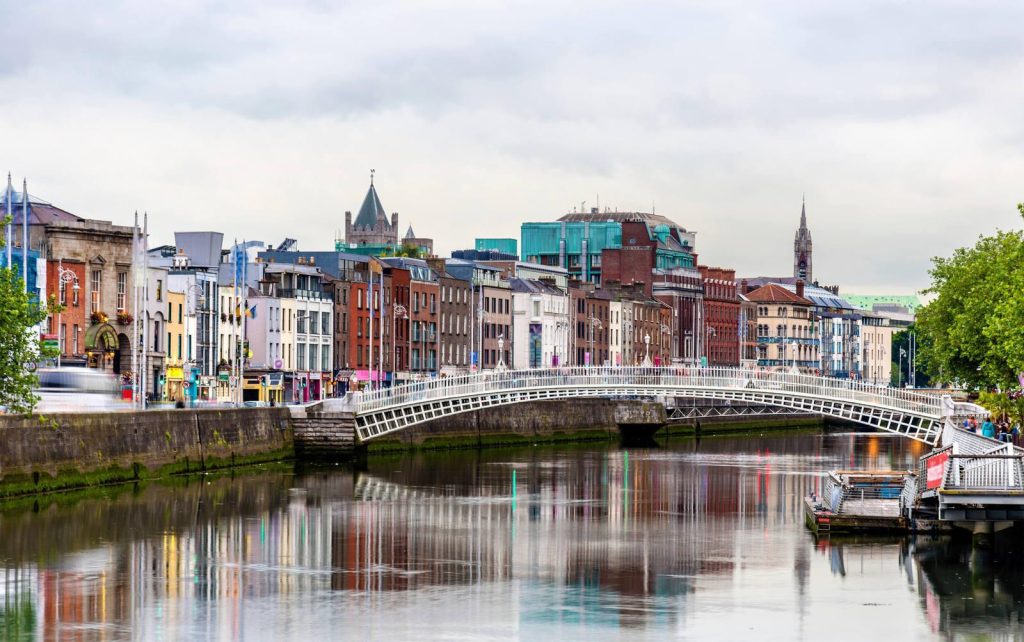Education in Ireland
Ireland has been one of the fastest-growing economies in Europe in recent years. At the same time, it has been the choice of many international and successful students worldwide to study. Students in Ireland can also study in cities such as Dublin, Cork, and Galway.
University education in Ireland:
With one of the best systems in the world in terms of higher education, Ireland has recently become one of the most popular countries for international students, with high-standard research opportunities and job opportunities in global companies.
Usually lasting three or four years, bachelor’s degree graduates are granted a six-month or one-year study permit.
Universities are funded for the most part by the State in the form of one-off grants for annual grants and capital expenditure, at a rate of 90%, as well as by student fees, endowments, and private donations.
College Education in Ireland:
Each college has its own governing body and has complete control over its finances. Colleges consist of faculties and departments.
Why should I study at universities in Ireland?
In Ireland, university students are allowed to work part-time during their studies.
Bachelor’s degrees in Ireland typically take three years, while master’s programs take one or two years.
Six months or one year for students who have completed their bachelor’s studies. Those who have completed post-graduate studies are granted a work permit for two years after completing their studies.
Students studying in Ireland can work 20 hours per week during semesters and 40 hours per week during holidays. The minimum wage in Ireland is more than €9 an hour.
Tuition fees are more affordable than in the UK, which shares the same geography.
As it is located in Northern Europe, it is notable for its proximity to Turkey, and flights take about 4 hours.
University of Ireland Tuition Fees:
Although tuition varies by city, university, department, and program, fees for non-EU international students start at €9,500 per year.
Departments of medicine, dentistry, and other similar health sciences pay higher fees.
The study duration in Engineering, Management Sciences, Sciences, and Languages is generally three years (6 semesters).
In Ireland, university students can work part-time (20 hours per week) during school and full-time (40 hours per week) during holidays.
University Hostel:
One of the most preferred options for international students is university dormitories. The hostels are generally within the campus, so they provide easy transportation and minimize the time you spend on the road. In addition, accommodation and food costs in university hostels are very economical. Another advantage of staying in a hostel is meeting students from different cultures.
Transportation
Almost all international connections to and from Ireland go through Dublin Airport. Several smaller airports within the country are mainly served by low-cost carriers such as the Irish airline Ryanair. Once there, exploring Ireland is accessible by train or bus. Crossing the country from one end to another is managed in less than 4 hours.
Irish Visa Types and Categories
You can carry out your planned trip to Ireland by getting an Irish visa. Foreign nationals can temporarily apply for short-term visas (tourist visa, business visa, cultural visit visa, etc.) to Ireland (tourism, business, cultural and other short-term). If you want to stay longer in Ireland for any reason (such as study, work, etc.), you can also apply for long-term visas (Irish family visa, work visa, study visa, etc.).
If you are going to get a student visa to study in Ireland, the first thing you need to know is whether you need a visa for the duration of your studies. In other words, the types of visas you need to apply for training shorter than 90 days and longer than 90 days are different.
Study visas in Ireland are divided into two groups.
- Short term (C Visa)
- Long Term (D Visa)
Therefore, you should apply depending on the period of study. We recommend you apply for your student visa soon to avoid inconvenience.
Cost of living in Ireland
The cost of living in Ireland is relatively high compared to other European countries. The capital, Dublin, is the most expensive place to study in Ireland, with accommodation accounting for the most significant proportion of living costs. The cost of living in other cities in Ireland is more affordable compared to Dublin and places in the UK. However, various on-campus and off-campus accommodation options can help you stay within your budget. There are also discounts on transport fares for students who have a Student Leap Card and use Bus Éireann services. Although individual costs may vary depending on your city, preferences, and spending habits, average monthly costs in Ireland can be predicted to be around €550-€1,000.
Regardless of the city you choose to study in Ireland, it offers a unique experience for international visitors. Most Irish cities are small but offer a variety of entertainment options. In addition to having fun, living right in the middle of beautiful, green, natural landscapes and studying in a country with a rich history makes for a perfect chance to study academically while learning about an extraordinary culture. If you want to plan a weekend trip to relax and explore, Ireland has many exciting places to visit. You can take short trips to the Cliffs of Moher, the Rock of Cashel, Ireland’s Eye, and the Dingle Peninsula. If modern cosmopolitan life is more your thing, Dublin is the ideal destination. Active nightlife, numerous cultural events, concerts, and museums provide great entertainment opportunities for visitors.
What are the Irish university application and admission requirements?
For undergraduate studies in Ireland:
- Certificate or copy
- Passport
- Photo
Bachelor’s degrees in Ireland usually take three years, while master’s programs take one or two years.
Six (6) months or one year for students who have completed their bachelor studies; Those who have completed their master’s degree are granted a work permit for two years after completing their studies.
For Masters in Ireland:
- Undergraduate GPA (80)
- IELTS or TOEFL exam results
- Bachelor’s degree (Transcript)
- Letter of recommendation
- Passport
What are the advantages of master’s programs in Ireland?
– A country where safe and warm people live
– Mother tongue is English, and 100% English education
– Affordable training at world-leading universities.
– Diploma recognized in the European Union
Twenty hours per week of part-time working time is allowed in the program. 2-year work and residence permit after the end of the program
– Most leading global companies, such as Google, Facebook, Apple, and Pfizer, have their European headquarters in Ireland. Opportunities to work for a global company await you in Ireland.
Scholarships in Ireland
For international students, some organizations offer scholarships in Ireland. Universities provide partial scholarships for students based on academic achievement.
Language courses in Ireland
With a friendly community, economic life, and course options, Irish language courses are among the first choices of many international students worldwide who want to learn and improve their English. Ireland was chosen as the friendliest country in the world. According to the Global Peace Index, it is one of the most peaceful countries in the world.
Dublin, Cork, and Galway are the cities with the most Irish language courses and are preferred by students.
Dublin City, in particular, has many boutique courses. Language study programs in Irish language courses can start every Monday except holidays.
ACELS, ALTO, and MEI audit Irish language courses and are fully accredited.
In addition, for students who need financial support while studying in Ireland, the Work and Study program provides them with work opportunities and the academic language training they need for their future.
You can also shape your future with us through a work and study program.
When you join the Work and Study program, you can study a language in Ireland for eight months, work part-time, and work full-time.
A study visa also allows you to work and do internships.

